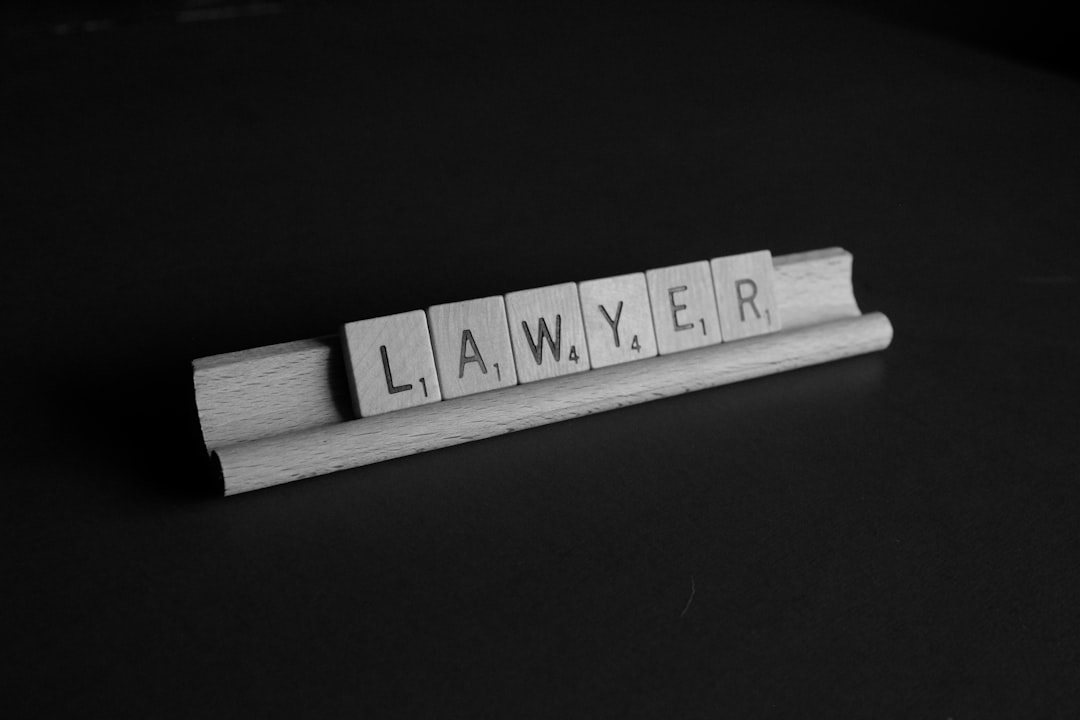Debt collection laws in Virginia protect consumers and collectors through fair practices and transparency, including adherence to the FDCPA and state-specific regulations. Consumers have rights to request debt validation and limit communication methods. Debt collector attorneys in Virginia guide collectors and educate debtors on these rights, ensuring fairness and legal compliance. Individuals facing aggressive debt collection should consult a qualified attorney for advice, documentation review, and protection against abusive tactics.
In the intricate landscape of Virginia debt collection, understanding your rights is paramount. This comprehensive guide navigates the state’s unique regulations, empowering you to recognize and protect against unfair practices. From comprehending the laws that govern debt collectors in Virginia to knowing your entitlements when interacting with them, this article is your resource. Additionally, we explore the strategic role a debt collector attorney can play, offering expert counsel and advocacy. Learn essential steps to safeguard your financial rights and navigate the process with confidence.
Understanding Debt Collection Laws in Virginia

Debt collection laws in Virginia are designed to protect both consumers and debt collectors, ensuring fair practices and transparency. When a debt collector, often represented by a debt collector attorney in Virginia, attempts to recover a debt from an individual, they must adhere to strict regulations outlined in the Fair Debt Collection Practices Act (FDCPA) and Virginia-specific laws. Understanding these laws is crucial for both parties to ensure a lawful and ethical process.
In Virginia, debt collectors can only use certain methods when attempting to collect a debt, such as making phone calls or sending written notices, and they must do so respectfully and without causing any harassment. Consumers have the right to request validation of the debt, ensuring that the amount and details are accurate. A debt collector attorney in Virginia should guide collectors on how to navigate these rules, preventing any unlawful practices that could lead to legal repercussions for the collector or potential compensation for the consumer.
Your Rights When Dealing with Debt Collectors

When dealing with debt collectors in Virginia, you possess several rights that are designed to protect you from unfair or aggressive collection practices. One of your most significant rights is the ability to request validation of the debt. This means that a debt collector must provide proof that the debt is legitimate and outline the amount owed, as well as the name of the original creditor.
Additionally, Virginia law restricts the methods debt collectors can use when contacting you. They are prohibited from calling at unreasonable times or using abusive, obscene, or fraudulent language. As an individual, you have the right to communicate with a debt collector through mail and to dispute the validity of the debt. Consulting a debt collector attorney in Virginia is advisable if you believe your rights have been violated, as they can guide you on the best course of legal action.
Unfair Debt Collection Practices: What to Look Out For

When dealing with debt collectors in Virginia, it’s crucial to be aware of your rights and protect yourself from unfair collection practices. Debt collectors are subject to various legal restrictions to ensure fairness and transparency in their interactions with debtors. However, some common tactics can be used to intimidate or mislead individuals.
Unfair practices may include repeated phone calls at inconvenient times, using abusive or threatening language, misrepresenting the amount owed, or refusing to verify the debt when requested by the consumer. A debt collector Attorney in Virginia can help you understand your rights and take action if these practices occur. Knowing your legal standing is essential to ensuring a fair and respectful resolution during the debt collection process.
The Role of a Debt Collector Attorney in Virginia

In Virginia, as in many states, debt collectors are subject to strict regulations designed to protect consumers from aggressive or unfair practices. One key player in this landscape is the debt collector attorney. These legal professionals specialize in navigating the intricate laws surrounding debt collection and serve a crucial role in ensuring both debtors’ rights and creditors’ legitimate interests are upheld.
A debt collector attorney in Virginia assists clients on either side of the fence—whether they are individuals being hounded by debt collectors or businesses seeking to recover debts. They offer guidance on legal strategies, help interpret complex regulations, and represent their clients in negotiations, mediations, or even litigation. Their expertise enables them to advocate for fair treatment, correct any violations, and achieve favorable outcomes for their customers.
Taking Action: Steps to Protect Your Financial Rights

If you find yourself facing aggressive or unfair debt collection practices in Virginia, taking immediate action is crucial to protecting your financial rights. The first step is to gather all relevant information about the debt and the collector’s activities. This includes documenting conversations, keeping records of communications, and collecting any evidence that the debt may not be valid or has been incorrectly calculated.
Next, consider consulting a qualified debt collector Attorney Virginia. A legal professional can advise you on your rights, review collection notices for accuracy, and take appropriate measures to stop abusive practices. They can also assist in negotiating settlements or disputing the debt if necessary, ensuring that your interests are protected throughout the process.






